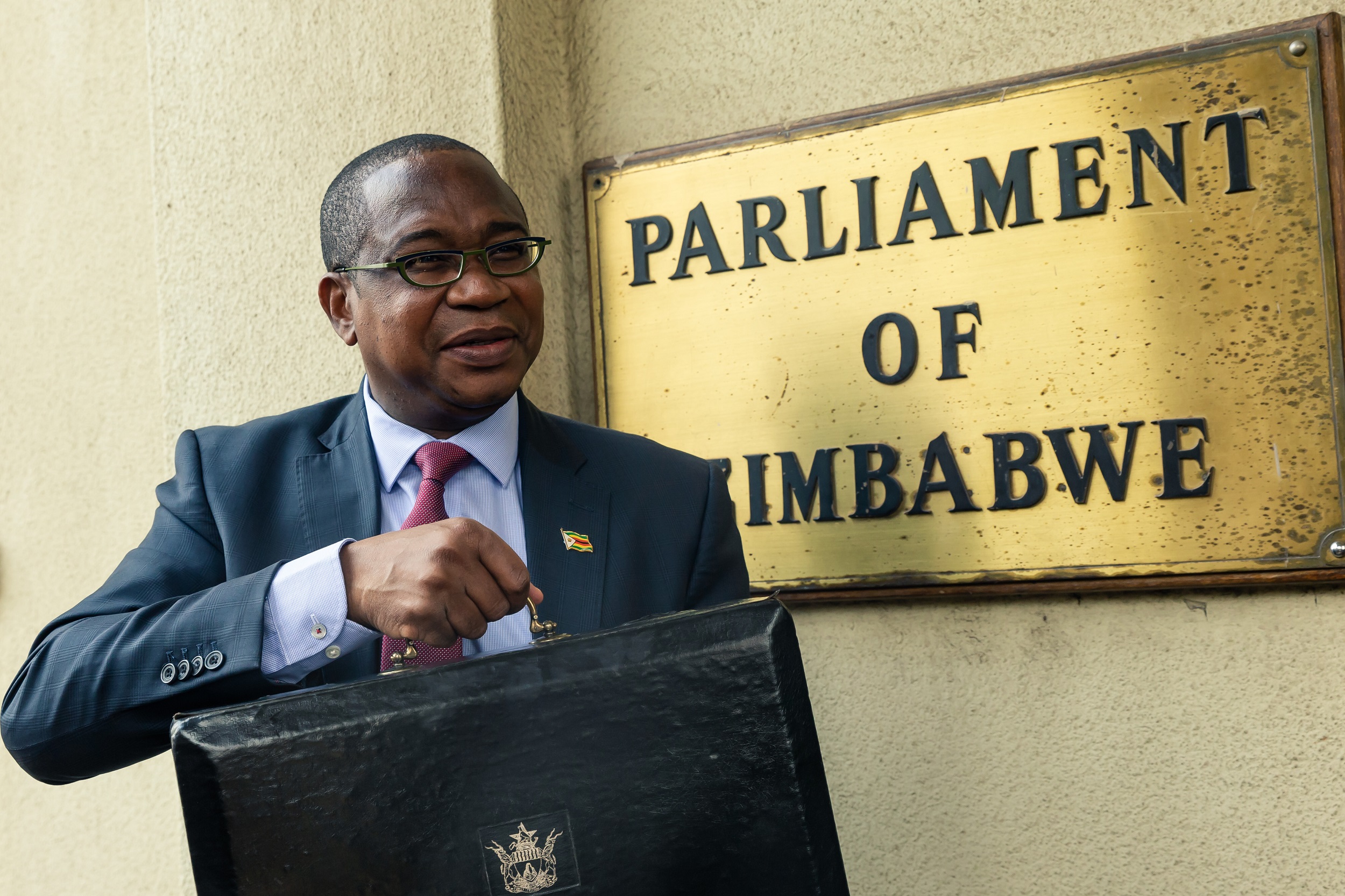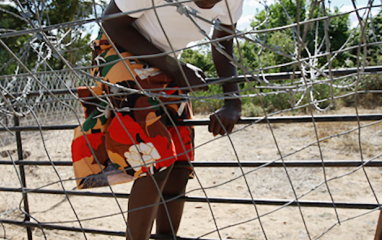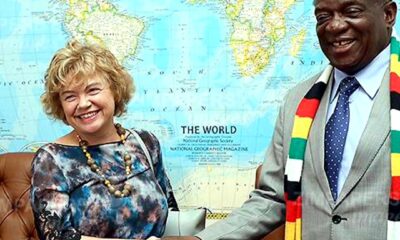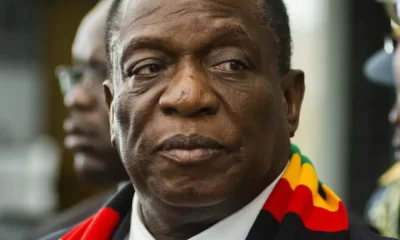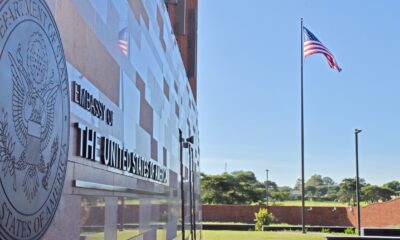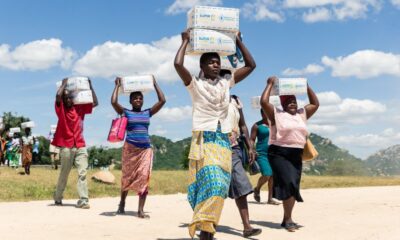AN increase in the size of a national budget is an inevitable consequence of inflation. When inflation is taken into account in planning a budget, this is considered to be proactive. Nevertheless, when the budget figures rise astronomically over a prior year’s, this may prompt bureaucrats to make a hasty retreat to the boardroom and rethink.
DUMISANI NDLELA
Zimbabwe’s Finance minister Mthuli Ncube wants to project and paint a picture of a blossoming economy. In his speech at a pre-budget seminar for Parliamentarians in Victoria Falls, Ncube said Treasury would propose a ZW$900 billion national budget for the 2022 fiscal year, double the current year’s figure of ZW$421.6 billion.
Yet bids from government ministries, by his own count, “indicate resource requirements in excess of ZW$3 trillion”.
“Surely, this is beyond our capacity,” Ncube told Parliamentarians.
A ZW$3 trillion budget would represent a nearly seven-fold increase in the size of the national purse, a glaring testament of economic management failure. Yet inflation has indeed already led to a spike in costs, which have also led to a further rise in inflation — a typical vicious circle. Prices have more than doubled during the current year, and the outlook, according to independent projections, appears gloomy.
According to the Confederation of Zimbabwe Industries, only workers who received more than a 50% salary increment over the past 12 months were adequately compensated from inflation. The government increased civil servants’ salaries by between 45% and 50% yet, realistically, their incomes still lag far below the poverty datum line.
The pressure for higher incomes will be greater in the next budget. In laying out his fiscal plan before the legislators at the pre-budget seminar, Ncube said compensation of employees would gobble up ZW$290 billion, or 32% of the projected budget in 2022, whose revenues are expected at ZW$800 billion, up from an earlier projection in July of ZW$533 billion.
The increase, he said, was due to changes in inflation and exchange rate dynamics. “This will be complemented by SDR (special drawing rights) liquidation worth about ZW$40 billion and domestic borrowing of ZW$64 billion,” he said.
This would bring the total budget envelope to ZW$900 billion. The country received SDRs amounting to US$960 million from the International Monetary Fund (IMF) in August. By any measure, this was a huge windfall, and could provide the much-needed stimulus to the economy.
Total expenditure is estimated at ZW$849.51 billion, consisting of recurrent expenditure at ZW$610.60 billion; capital expenditure at ZW$238.91; inter-governmental transfers amounting to ZW$40.03 billion; and salaries.
The balance would go towards debt servicing. Economic growth is projected to reach 5.5% in the coming year, anchored on growth in sectors such as mining, manufacturing, agriculture and energy, among others. Ncube contends that this will help take the economy towards Vision 2030, primarily aimed at creation of an upper middle-income economy. Granted, Ncube’s tight fiscal policy has won plaudits.
The IMF, which released a report last month, said the economy, which contracted by a cumulative 10% in 2019 and 2020, is now on a recovery path; growth is expected at 6% this year (Ncube is projecting it at 7.7%), reflecting bumper agricultural output, increased energy production and resumption of greater manufacturing and construction activities.
But the effort to stabilise the local currency, as well as lower inflation, which had been bolstered by contained budget deficits and reserve money growth and introduction of a foreign exchange auction system, floundered soon after the IMF report, forcing the authorities to launch a blitz against business executives and parallel market foreign currency traders.
But Ncube reckons he is still in the right direction. The 2021 budget, he believes, was well balanced: 32% of expenditures went towards compensation of employees, while 36% went towards capital expenditures and 14% towards goods and services. Eighteen percent of the budget went towards loan repayments.
The momentum, he said, will be maintained. Undeniably, fiscal policy has failed to respond to increasing wage pressures and the effects of the Covid-19 pandemic on the population. Ncube has parroted budget surpluses (the out-turn this year will be a deficit) as the hallmark of his tight fiscal policy, despite evidence of a worsening welfare situation in the population.
A 2% tax levied on all electronic transactions in 2018 worsened the burden on the poor, and calls for its removal have fallen in deaf ears. In fact, Zimbabweans are among the most heavily taxed people in the world. Poverty has remained as stubborn as a mule, rising since Vision 2030 was launched in 2018: The World Bank, in its overview on Zimbabwe, said 1.3 million Zimbabweans became extremely poor in 2020, making the total of the extremely poor population 7.9 million, or 49% of the population.
Rising prices, economic challenges and lockdowns caused by the Covid-19 pandemic that resulted in closure of much of the country’s economy between 2019 and 2021, can only mean the situation worsened this year. “Surveys conducted in 2020 indicate that nearly 500 000 Zimbabwean households have at least one member who lost her or his job, causing many households to fall into poverty and worsening the plight of the existing poor,” the report said.
“The inflationary environment is militating against government efforts to end hunger and poverty in its pursuit of Sustainable Development Goals,” a September report by the CZI noted. “Inflation worsens poverty if the increase in income is failing to keep up with the pace of inflation”. The ZimStat food poverty datum line per person for September went up to ZW$4 734.33, from ZW$4 516 in August 2021.
This means a family of five that earns less than ZW$24 000 per month cannot afford basic food requirements, according to the CZI. The effect of this has been to undermine the ruling Zanu PF’s electoral base. Even independent legislator Temba Mliswa had to angrily confront Ncube at the pre-budget seminar, accusing him of impoverishing parliamentarians.
He lambasted his budgetary approach, saying he was failing to review his national budget despite glaring evidence of runaway inflation. This had eroded the pool of their funds for constituency development, he said. “You get appointed, we get elected,” Mliswa told Ncube, explaining the finance Minister’s perceived reason for his budgetary approach. It is not just Mliswa who is unsettled; there are increasing ructions in Zanu PF over a budget many fear will undermine their re-election campaign.
War veterans, key members of the ruling party, recently joined the chorus against increasing poverty within their ranks. A number of them were arrested a few days ago for protesting against low grants.
“Government must come up with a holistic approach because it’s not just the war veterans in this situation. Everybody else is caught up in it,” Mliswa said, pointing out that legislators had called for action by Ncube to deal with this. Mike Bimha, the Zanu PF secretary for indigenisation and economic empowerment, who was appointed acting party spokesperson a few weeks ago, said they held their annual conference earlier than the budget presentation this year “so that resolutions can feed into the budget process”.
He said party parliamentarians should use the caucus platform to express their concerns on the budget, or even raise pertinent budgetary issues in Parliament if they believed these affected their constituencies. As a party, he said, cabinet ministers periodically briefed party officials on critical issues “while we also raise our issues with them”.
In maintaining a tight fiscal policy, Ncube hopes to achieve fiscal consolidation, which he said characterised the 2021 budget and will be sustained in 2022. This, he said, will help entrench the prevailing macro-economic stability.
No recourse to the central bank overdraft is envisaged, and government will limit accumulation of domestic arrears and extra-budgetary expenditures by rationalisation of the recurrent expenditures and redirecting of savings towards infrastructure development. “The priority areas for the forthcoming national budget remain largely unchanged from 2021, but reinforced (in 2022),” Ncube said. Hoping this will improve people’s livelihoods, this time.
